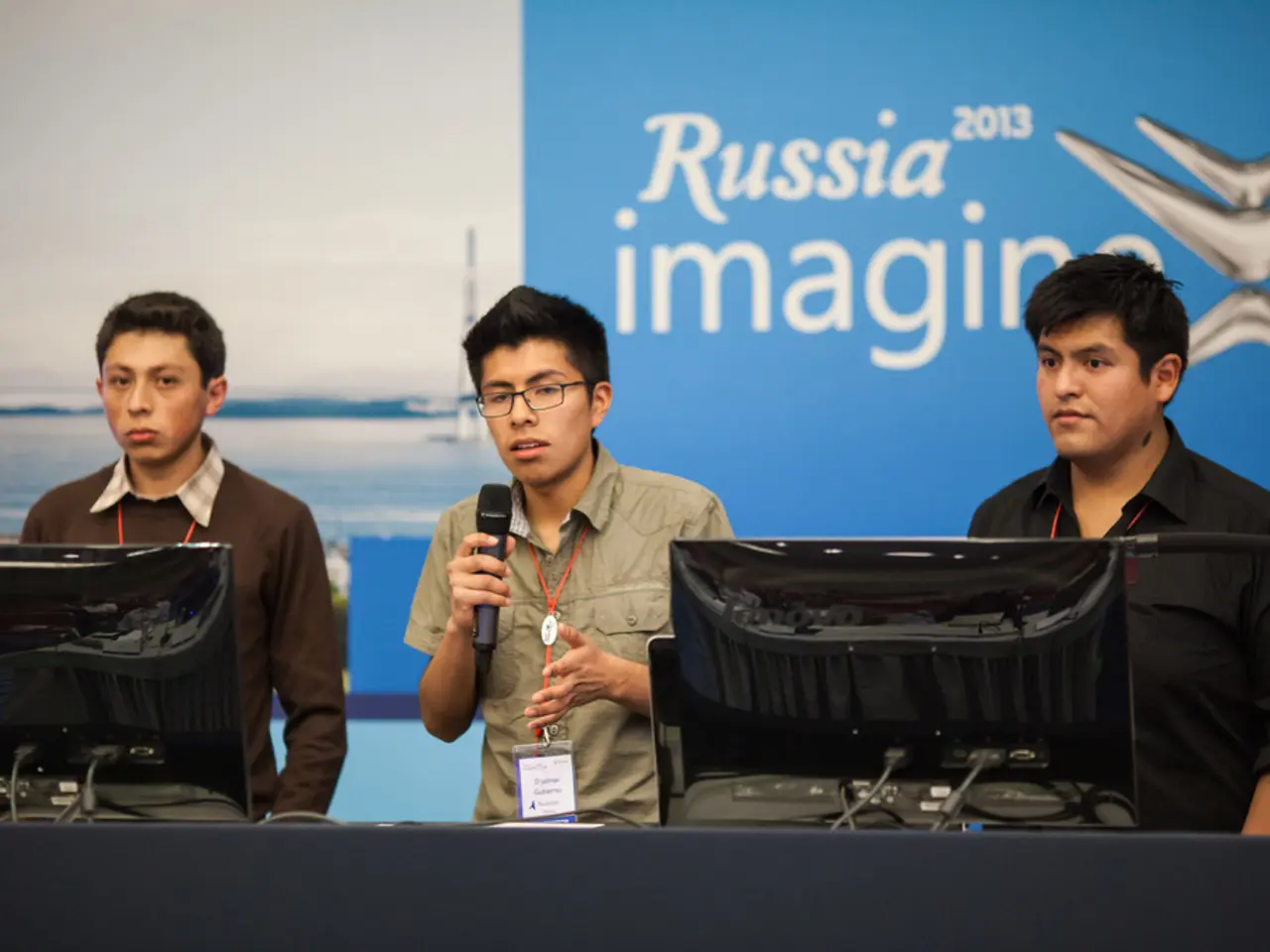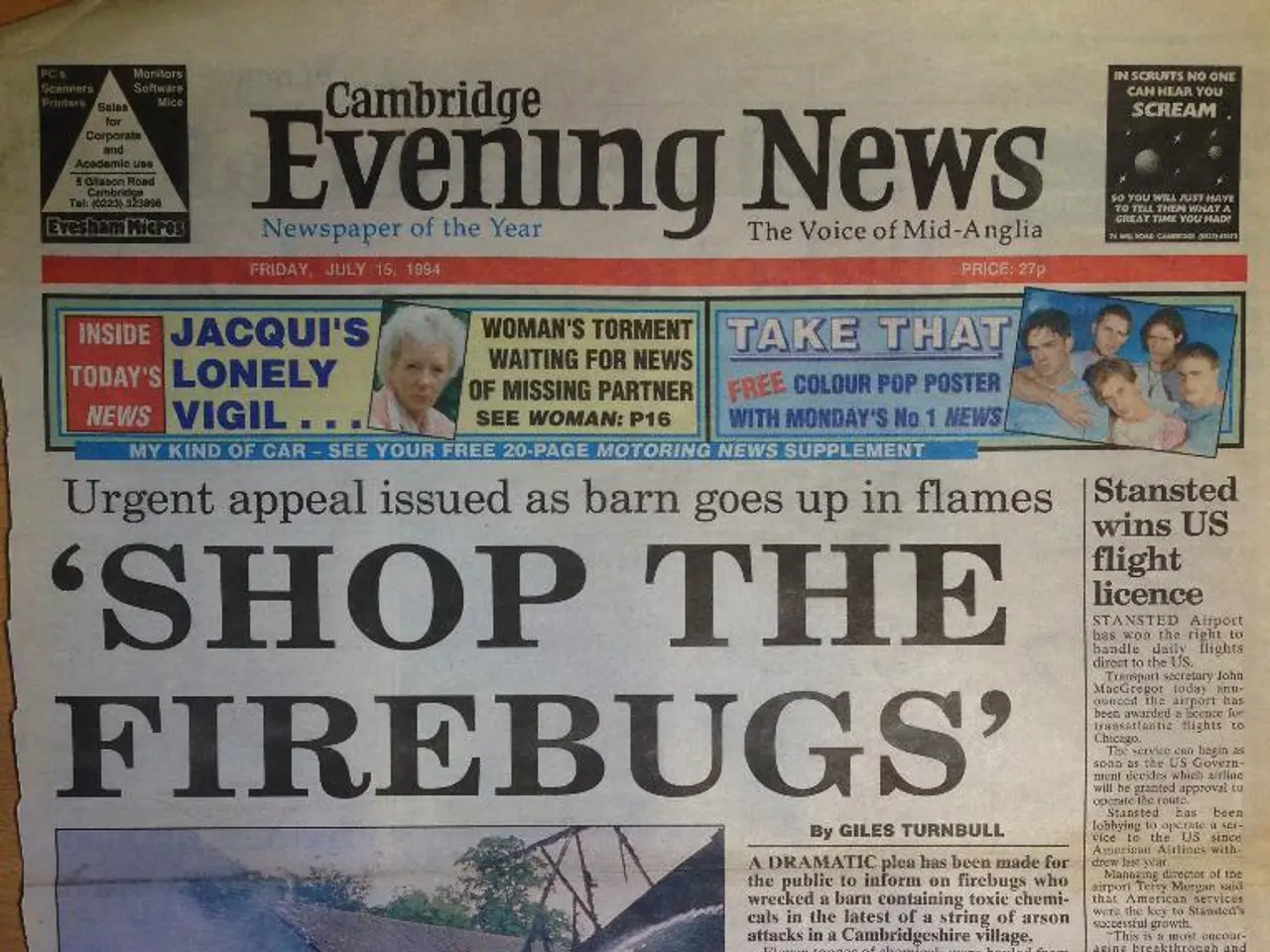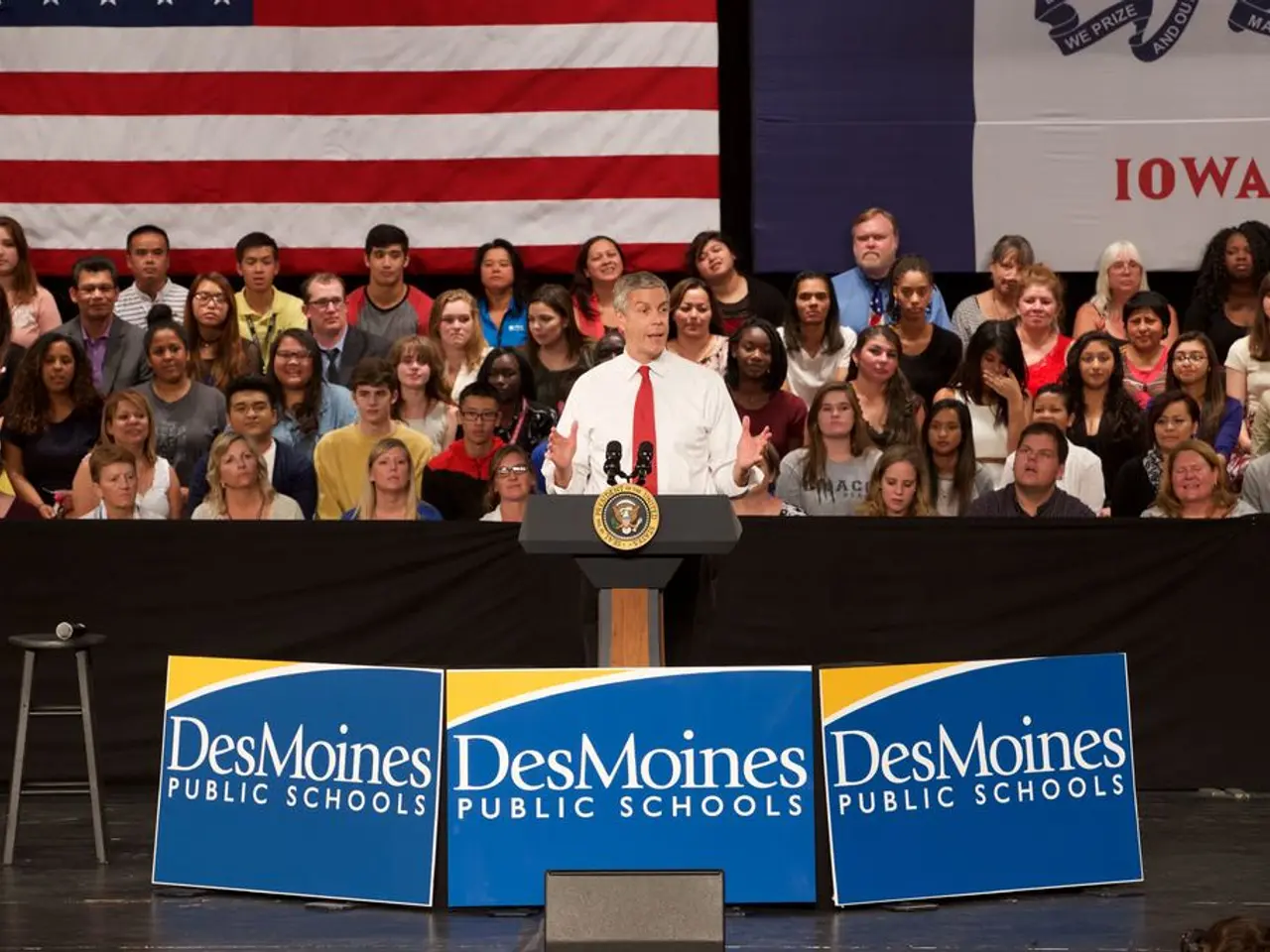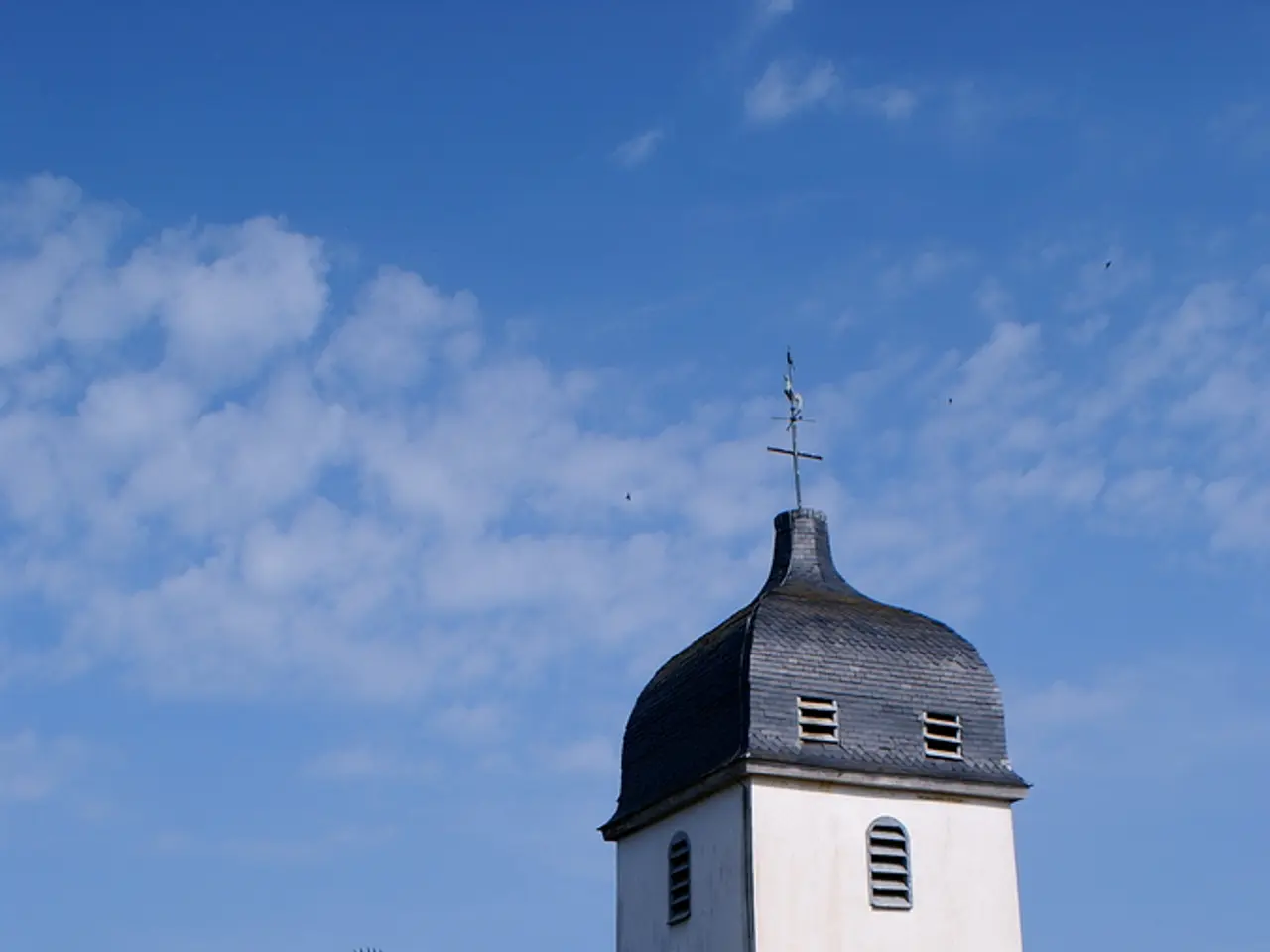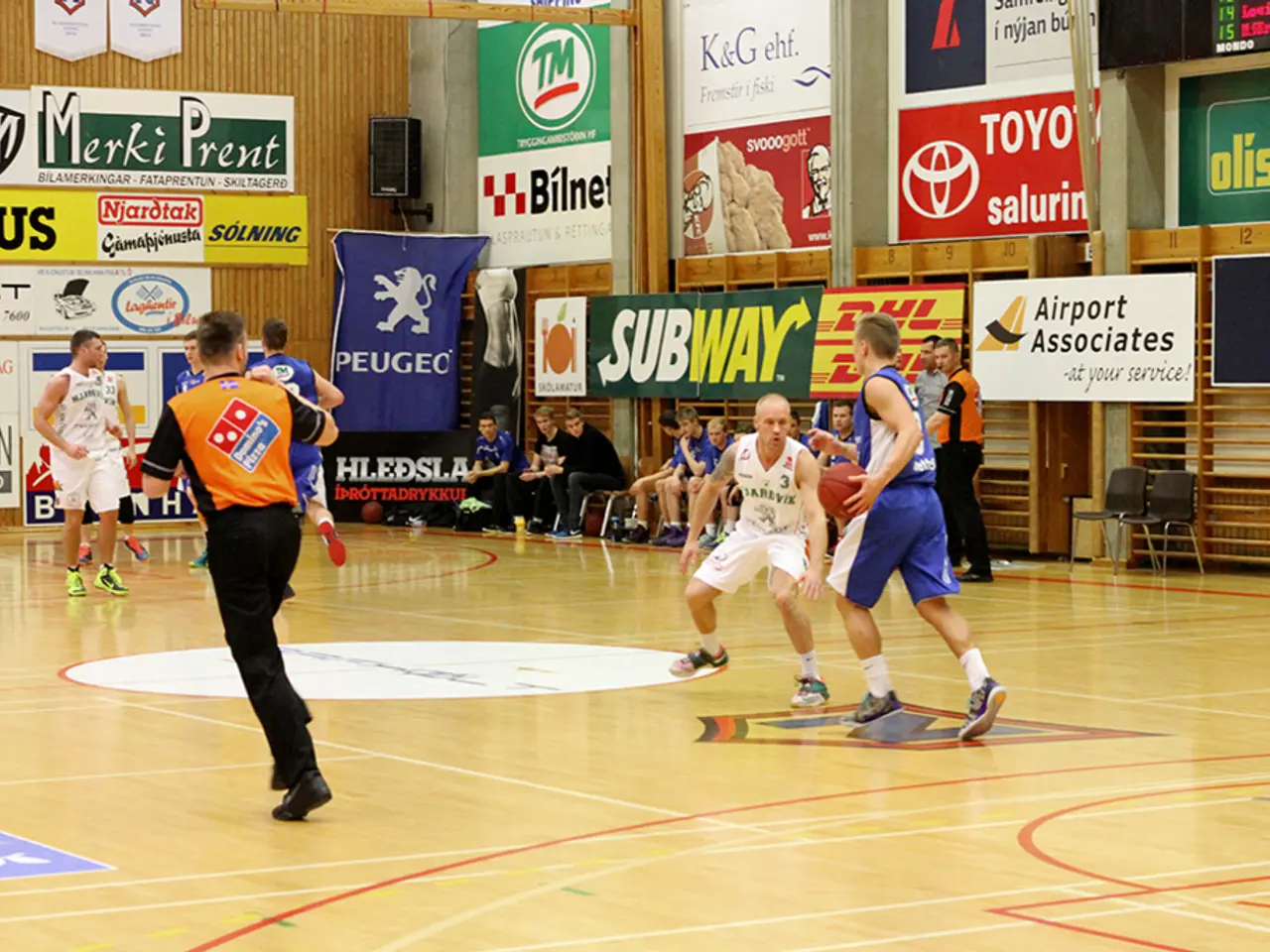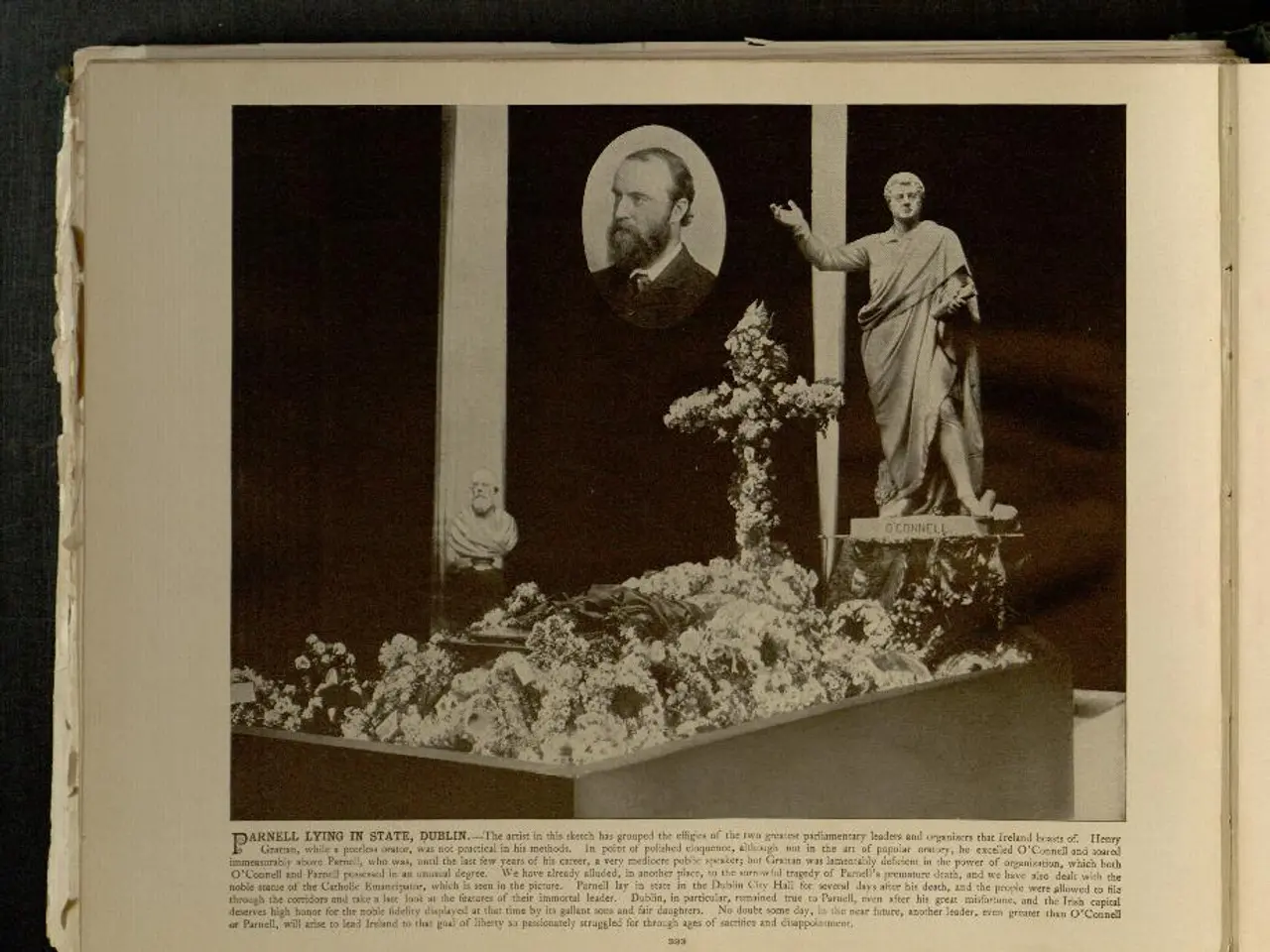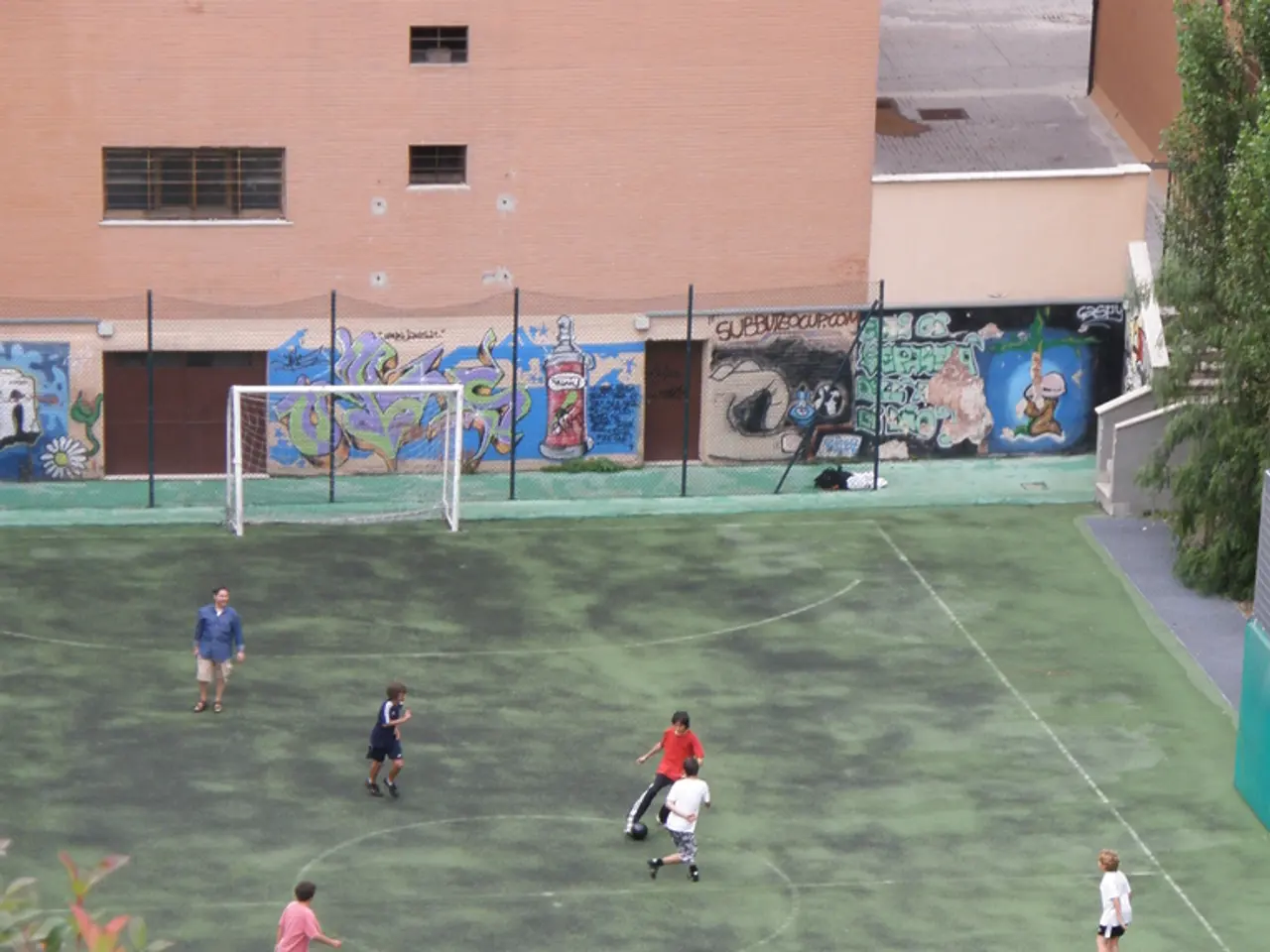Historical Power Struggles: Part 1
In the heart of Europe, Ukraine has been embroiled in a long-standing struggle for its identity and sovereignty, with Russia playing a pivotal role in shaping its historical narrative. This manipulation, rooted in imperial times, has been a persistent strategy aimed at undermining Ukraine's cultural distinctiveness and political independence.
The narrative that Ukrainians are "Little Russians" or part of an all-Russian nation began in the tsarist era, serving as a justification for the incorporation of Ukrainian territories into the Russian Empire. This perspective sought to erase Ukraine's political and spiritual heritage by linking Moscow to the medieval kingdom of Kyivan Rus'.
Under Stalin, this narrative was institutionalized, with Ukraine's short-lived independence being suppressed, and the country being absorbed into the USSR. Stalin's tactics were not just political; they were cultural, psychological, and historical, aiming to control how Ukrainians remembered their past. This was part of a broader strategy to diminish Ukraine's sense of nationhood.
In the modern era, Russia continues to propagate these narratives, often using them to justify military aggression. President Vladimir Putin has repeatedly questioned Ukraine's legitimacy as a nation, claiming it has no historical basis for being separate from Russia. This rhetoric has been used to justify the annexation of Crimea and ongoing conflicts in eastern Ukraine.
The continuous manipulation of history has led to the erasure of Ukraine's distinct identity, affecting its ability to develop its own cultural narrative. Regions like Zaporizhzhia have experienced significant Russification due to industrial policies and migration, further complicating Ukraine's cultural landscape.
Despite these efforts, Ukraine has increasingly sought to reassert its independence and cultural identity. Recent years have seen a resurgence in Ukrainian nationalism and cultural revival, as Ukrainians seek to protect their heritage and sovereignty against external manipulation. Silenced poets are being celebrated, and churches have been revived in Ukraine as part of its act of historical remembrance.
Ukraine's story is one of deep roots, fierce resilience, and a rightful place in the story of Europe. The struggle for truth and sovereignty continues, with street names changed, archives opened, and Soviet monuments taken down in Ukraine. It is an ongoing act of resistance that everyone must share, for supporting Ukraine also means supporting truth, rejecting false equivalencies, and calling propaganda what it is: a weapon of war.
Control of the past shapes the future, and allowing Stalin's lies to live on through Putin's bombs could mean surrendering to tyranny. The man-made famine that killed millions in Ukraine, known as the Holodomor, is denied in history books in occupied areas, while the Red Army is painted as liberators. This is a violent form of propaganda, laying the groundwork for invasion, genocide, and empire.
Ukraine's independence heroes were vilified, the Ukrainian Orthodox Church was dismantled, and the "Executed Renaissance" saw hundreds of Ukrainian poets, playwrights, and intellectuals murdered. Yet, Ukraine persists, reclaiming its story and its future. Helping Ukraine reclaim its story helps it reclaim its future, making it a cause worth fighting for.
The ongoing manipulation of Ukraine's historical narrative, rooted in war-and-conflicts and politics of the past, continues to influence current general-news, with Russia justifying military aggression by questioning Ukraine's legitimacy as a nation. This rhetoric, steeped in imperial times, aims to erase Ukraine's cultural distinctiveness and political independence, affecting its ability to develop its own cultural narrative.
